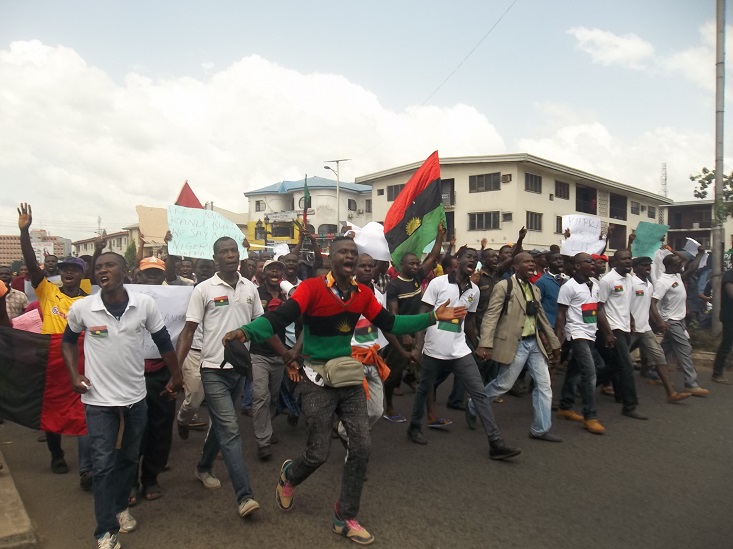Francis Usani, head of the Nigeria Financial Intelligence Unit (NFIU), says Nigeria stands the risk of being expelled from the Egmont Group.
Usani said this at a media parley organised by the Economic and Financial Crimes Commission (EFCC) in Abuja on Wednesday.
In July, the group suspended Nigeria as a result of the interference of the EFCC in the workings of the NFIU. It asked the country to amend its law establishing the NFIU to make it independent or get expelled by January 2018.
Speaking at the event, Usani said the NFIU bill passed by the national assembly in July was fraught with “issues”.
He said he was not allowed to make contributions to the process, and that when he approached the national assembly on it he was told that “the train has passed”.
Advertisement
He explained that the demand of the Egmont Group was an amendment of some sections of the EFCC Act to give the NFIU exclusivity and not the creation of an independent body.
Usani said the NFIU was already operationally independent.
“They (national assembly) told me whatever I am to contribute to that bill…. it has been passed…. the train has passed the station,” he said.
Advertisement
“Nigeria stands the risk of being expelled by the Egmont Group because you can’t have two FIUs. The EFCC does not oppose the operational independence of the FIU.
“If you look at the NFIU bill there are so many issues with it. For example, there is nowhere an FIU has a board of directors or can sue and be sued.”
If Nigeria fails to comply with the group’s demands for a legal framework granting autonomy to the NFIU, the country will be expelled from the global body which provides the backbone for monitoring international money laundering activities.
In the event of an expulsion, Nigeria will no longer be able to benefit from financial intelligence shared by the other 153 member countries, including the US and the UK, while the country’s ability to recover stolen funds abroad will also be hampered.
The federal government is currently seeking to recover funds laundered globally by politically exposed persons and their associates.
Advertisement
Another major dire consequence will be the blacklisting of Nigeria in international finance, and this could affect the issuance of Mastercard and Visa credit and debit cards by Nigerian banks.
It could also affect the international rating of Nigerian financial institutions, restricting their access to some big-ticket international transactions.







